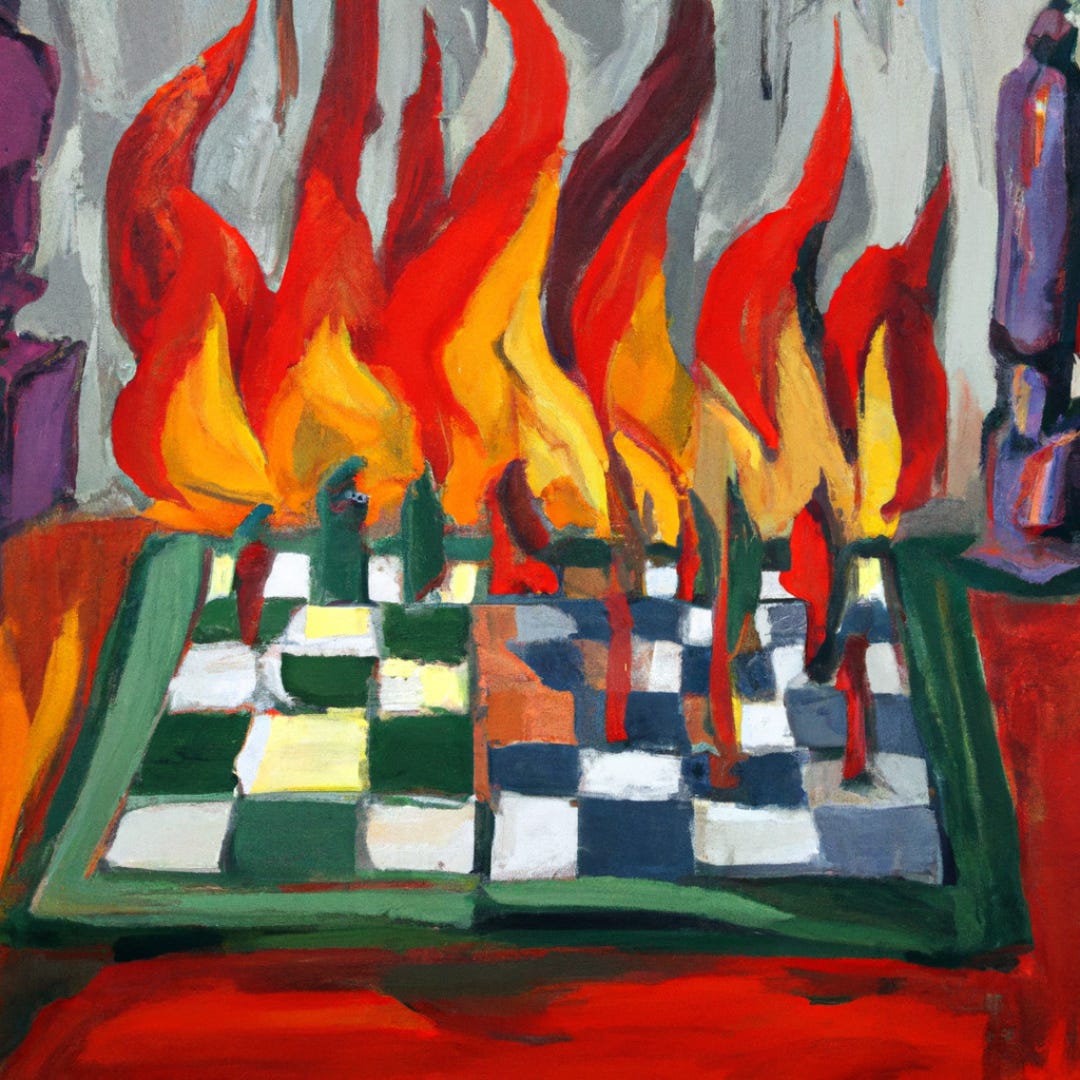I struggled for a long time trying to figure out how I wanted to center this podcast launch and publication. I wanted to remind people of the moment they knew our government was broken beyond repair and focus the discussion on what happened, why we’re talking about it, and what we can do about it. But a lot of terrible things have happened in our country in the last five years alone. Ten. Probably twenty. And it’s likely a different story for everyone.
So instead, I am sharing a passage from Ta-Nehisi Coates’s book, Between the World and Me. This is the framework through which we will look at United States history: founding to polarization. This is not a substack about political parties, and it’s not about right vs left, rather up vs down. This is about digging deep and finding the truth of how we got here so we can learn how to fix it.
We will be diving into this passage in the first episode of the podcast if you’re too lazy to read the whole thing. The podcast will also be on Apple podcasts and Spotify, but we all much prefer substack. Share with those who will understand that this is not about hope.
“Americans deify democracy in a way that allows for a dim awareness that they have, from time to time, stood in defiance of their God. But democracy is a forgiving God and America's heresies-torture, theft, enslavement-are so common among individuals and nations that none can declare themselves immune. In fact, Americans, in a real sense, have never betrayed their God. When Abraham Lincoln declared, in 1863, that the battle of Gettysburg must ensure "that government of the people, by the people, for the people, shall not perish from the earth," he was not merely being aspirational; at the onset of the Civil War, the United States of America had one of the highest rates of suffrage in the world. The question is not whether Lincoln truly meant "government of the people" but what our country has, throughout its history, taken the political term "people" to actually mean. In 1863 it did not mean your mother or your grandmother, and it did not mean you and me. Thus America's problem is not its betrayal of "government of the people," but the means by which "the people" acquired their names. This leads us to another equally important ideal, one that Americans implicitly accept but to which they make no conscious claim. Americans believe in the reality of "race" as a defined, indubitable feature of the natural world. Racism-the need to ascribe bone-deep features to people and then humiliate, reduce, and destroy them inevitably follows from this inalterable condition. In this way, racism is rendered as the innocent daughter of Mother ' Nature, and one is left to deplore the Middle Passage or the Trail of Tears the way one deplores an earthquake, a tornado, or any other phenomenon that can be cast as be yond the handiwork of men. But race is the child of racism, not the father. And the process of naming "the people" has never been a matter of genealogy and physiognomy so much as one of hierarchy. Difference in hue and hair is old. But the belief in the preeminence of hue and hair, the notion that these factors can correctly organize a society and that they signify deeper attributes, which are indelible-this is the new idea at the heart of these new people who have been brought up hopelessly, tragically, deceitfully, to believe that they are white. These new people are, like us, a modern invention. But unlike us, their new name has no real meaning divorced from the machinery of criminal power. The new people were something else before they were white-Catholic, Corsican, Welsh, Mennonite, Jewish-and if all our national hopes have any fulfillment, then they will have to be something else again. Perhaps they will truly become American and create a nobler basis for their myths. I cannot call it. As for now, it must be said that the process of washing the disparate tribes white, the elevation of the belief in being white, was not achieved through wine tastings and ice cream socials, but rather through the pillaging of life, liberty, labor, and land; through the flaying of backs; the chaining of limbs; the strangling of dissidents; the destruction of families; the rape of mothers; the sale of children; and various other acts meant, first and foremost, to deny you and me the right to secure and govern our own bodies.” Ta-Nehisi Coates, Between the World and Me, 6-8.





